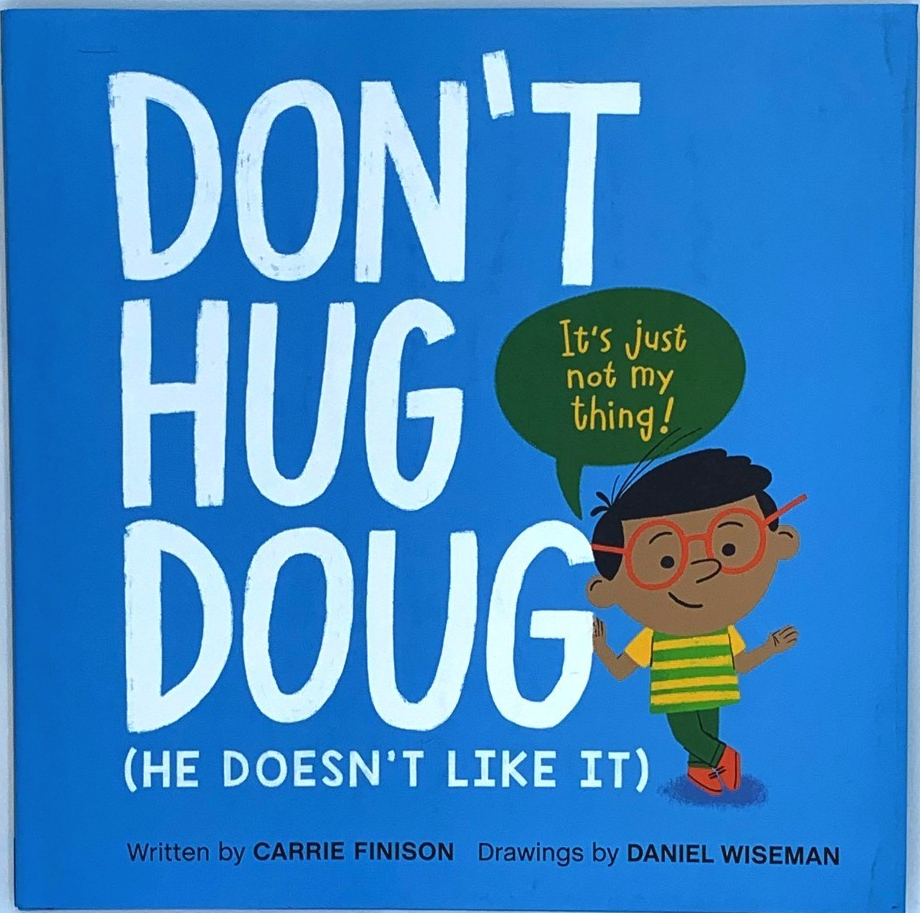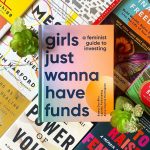Top Children’s Books for Neurodivergent Kids in 2025
Finding inclusive books that celebrate the experiences of neurodivergent children is essential for fostering understanding, empathy, and self-confidence. Fortunately, the literary world offers a growing number of beautiful, thoughtful books tailored to their unique perspectives. Here’s a list of wonderful titles already on shelves that every parent, educator, and young reader should explore.
1. Don't Hug Doug (He Doesn’t Like It) by Carrie Finison (Ages 3-7)
Doug loves high fives, fist bumps, and waving, but hugs? Not so much. This charming book playfully explores personal boundaries and consent through Doug’s experiences. With fun illustrations by Daniel Wiseman and a light-hearted tone, it helps neurodivergent children and their friends understand that everyone has different preferences for physical contact.
2. When Things Get Too Loud by Anne Alcott (Ages 2-5)
This beautifully illustrated picture book provides a simple yet effective guide for young children who experience sensory overload. Using calming techniques and visual aids, the story follows Leo as he navigates noisy environments like birthday parties and playgrounds. Alcott’s gentle narrative offers a reassuring message that it's okay to take a step back when things feel overwhelming.
3. Loud by Rose Robbins (Ages 4-8)
Rose Robbins, an author with neurodivergent experiences herself, tells the heartwarming story of Abigail, a young girl who communicates differently. One day at school, Abigail’s loud outburst garners unwanted attention, but it also leads to a breakthrough moment of understanding. With vibrant illustrations and an empowering message, Loud celebrates self-expression and empathy.
4. My Mummy Wears a Mask by Sophie McLland (Ages 3-6)
Set against the backdrop of a pandemic-inspired world, this thoughtful book follows a little boy who struggles to understand why his mummy wears a mask. Sophie McLland uses gentle storytelling to help neurodivergent children process changes in their environment, offering comfort and clarity during uncertain times.
5. A Friend for Henry by Jenn Bailey (Ages 4-8)
In this tender story, Henry, a young boy on the autism spectrum, is looking for a friend who understands his unique way of seeing the world. Set in a classroom environment, Henry’s journey of finding connection and kindness resonates deeply with neurodivergent readers. Bailey’s empathetic storytelling and Mika Song’s gentle illustrations make this a must-read.
6. I See Things Differently: A First Look at Autism by Pat Thomas (Ages 4-8)
This informative and compassionate book introduces young readers to what it means to be on the autism spectrum. With clear, age-appropriate language, Pat Thomas helps neurodivergent children feel seen and validated while fostering understanding among their neurotypical peers. The book also includes helpful tips for parents and teachers.
7. The Quiet Place by Sarah Stewart (Ages 5-9)
This beautifully illustrated book follows Isabel, a sensitive and creative young girl who moves to a new country. Struggling to adjust to her noisy and unfamiliar surroundings, she builds a quiet place where she can find comfort and express herself through writing. The story delicately addresses sensory sensitivity and the power of creating personal safe spaces.
Why These Books Matter
These books not only provide neurodivergent children with characters and stories they can relate to but also educate neurotypical readers on the importance of empathy and understanding. Representation in literature helps build inclusive communities where all children can thrive.
So, as you curate your child’s reading list, consider these insightful and heartwarming stories that celebrate diversity and individuality.









